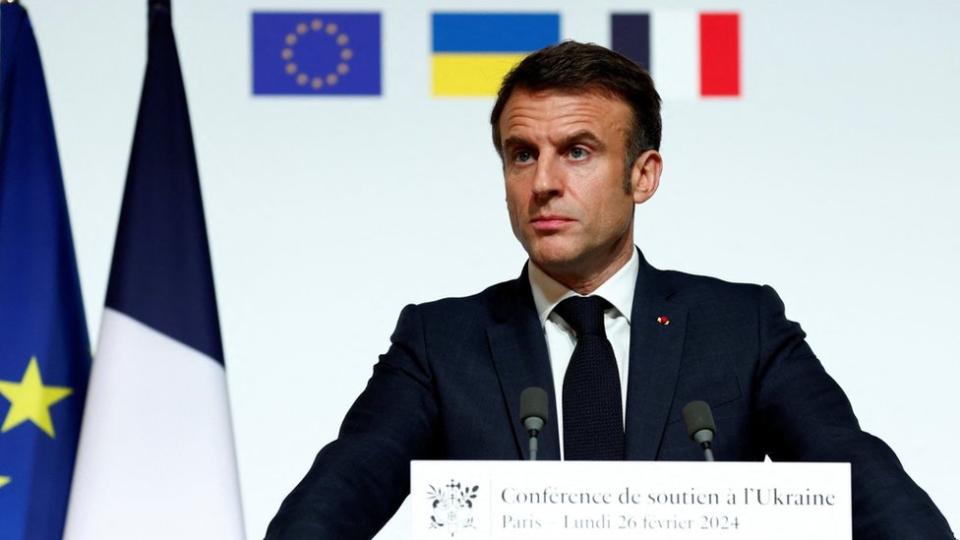(Bloomberg) — The European Investment Bank should take bets on riskier projects to help attract more private investors including in the defense sector, Belgium’s finance minister said.
Most Read from Bloomberg
The European Union’s funding arm “needs to lower a little bit their risk aversion rate with respect to certain projects,” Vincent Van Peteghem, who also chairs the EIB’s board of governors, said at a conference organized by Bloomberg on Tuesday. EIB backing “can also mobilize other institutional and private investors,” he added.
EU finance ministers will discuss the strategy of the EIB, the world’s biggest multilateral lender, next month at a meeting in Belgium, which holds the bloc’s six-month rotating presidency. The lender has been urged to invest in the defense industry as the EU struggles to supply Ukraine with sufficient artillery munitions to counter Russia’s invasion.
Van Peteghem said the issue of the EIB’s involvement in the defense sector was discussed late last year during the process of picking the bank’s new head. Former Spanish Economy Minister Nadia Calvino took up the role on Jan. 1.
Established in 1958, the funding arm of the 27-nation bloc disburses hundreds of billions of euros for development projects including in climate and the environment, cohesion, and small and medium-sized firms.
An EIB spokesperson said that the bank will not comment on the positions of individual shareholders or deliberations among them.
While core defense projects including military equipment such as weapons and ammunition are currently on the bank’s list of excluded activities, the EIB plans to commit €8 billion ($8.7 billion) over the next few years to support investments that will boost European security. This includes areas such as cybersecurity, space, military mobility, protection of critical infrastructure and other dual-use spending.
Van Peteghem said the ministers meeting is a good moment to discuss “what the future of the bank will look like.” He mentioned challenges in sectors including defense, green transition, and digital.
EIB Vice President Kris Peeters said last year that it would resist pressure to invest in the defense industry, though he suggested dual-use technology that aids civilian security remains worthwhile. Such technology serves both military and civil purposes. Peeters said there’s evidence institutional investors are starting to turn away from the defense industry.
Calvino said last week that the EIB will play a “very important role” by “supporting the public sector and the war effort right now, but more in the reconstruction of Ukraine and investment in infrastructure that will be very much necessary after the war.”
–With assistance from Jorge Valero.
Most Read from Bloomberg Businessweek
©2024 Bloomberg L.P.
Signup bonus from





